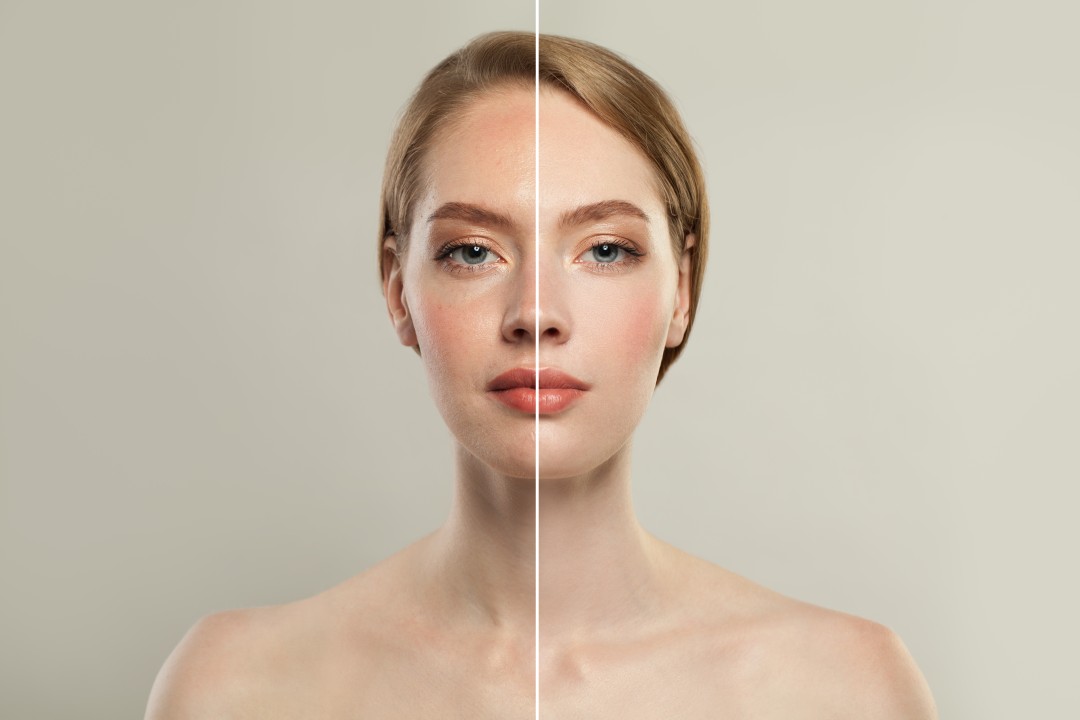Retinoids have long been hailed as a cornerstone in the world of anti-aging treatments. These compounds, derived from vitamin A, are celebrated for their ability to transform skin by reducing wrinkles, improving texture, and enhancing overall skin tone. In this article, we delve into the science behind retinoids, their benefits, and how they are utilized in various anti-aging treatments to help individuals maintain a youthful appearance.
Understanding Retinoids
Retinoids encompass a class of compounds that include retinol, retinaldehyde, retinoic acid, and synthetic derivatives. These compounds work by penetrating the skin and binding to specific receptors in the skin cells. This binding action influences the expression of genes that regulate cell growth and differentiation, leading to a cascade of beneficial effects on the skin. Retinoids are known to accelerate cell turnover, stimulate collagen production, and enhance the skin's natural repair mechanisms.
Benefits of Retinoids in Anti-Aging
One of the primary benefits of retinoids in anti-aging is their ability to reduce the appearance of fine lines and wrinkles. By promoting collagen synthesis, retinoids help restore the skin's structural integrity, leading to a firmer and smoother complexion. Additionally, retinoids improve skin texture by encouraging the shedding of dead skin cells and the emergence of new, healthier cells. This process not only refines the skin's surface but also reduces the visibility of age spots and hyperpigmentation.
Retinoids are also effective in managing acne, which can be a concern for individuals at any age. By unclogging pores and reducing inflammation, retinoids help prevent breakouts and promote clearer skin. This dual action makes retinoids a versatile component in anti-aging regimens, addressing both aging signs and acne-related issues.
Types of Retinoids and Their Applications
Retinoids are available in various formulations, each with its potency and application method. Over-the-counter (OTC) products typically contain retinol or retinaldehyde, which are milder forms of retinoids suitable for beginners or those with sensitive skin. Prescription-strength retinoids, such as tretinoin, offer more potent effects and are often recommended for individuals with advanced signs of aging or specific skin concerns.
Topical retinoids are commonly used in creams, gels, and serums. These products are applied directly to the skin, allowing for targeted treatment of problem areas. To maximize the benefits of retinoids, it is essential to use them consistently and follow a gradual introduction to minimize potential irritation. Starting with a lower concentration and gradually increasing usage frequency can help the skin acclimate to the treatment.
Considerations and Precautions
While retinoids offer numerous benefits, they can also cause side effects such as dryness, redness, and peeling, especially when first introduced. It is crucial to use retinoids in conjunction with a moisturizer to maintain skin hydration and reduce irritation. Additionally, retinoids increase the skin's sensitivity to sunlight, making sun protection a vital component of any retinoid regimen. Applying a broad-spectrum sunscreen daily is essential to prevent sunburn and further skin damage.
Individuals with certain skin conditions, such as eczema or rosacea, should consult a dermatologist before incorporating retinoids into their skincare routine. Pregnant or nursing women are generally advised to avoid retinoids due to potential risks to the developing fetus or infant.
Conclusion
Retinoids play a vital role in anti-aging treatments, offering a scientifically backed approach to achieving smoother, more youthful skin. By understanding the different types of retinoids and their applications, individuals can make informed decisions about incorporating these powerful compounds into their skincare routines. While retinoids are not a one-size-fits-all solution, their ability to address multiple signs of aging makes them an invaluable tool in the pursuit of timeless beauty. As research continues to advance, retinoids are likely to remain a staple in the ever-evolving field of anti-aging treatments.





Comments